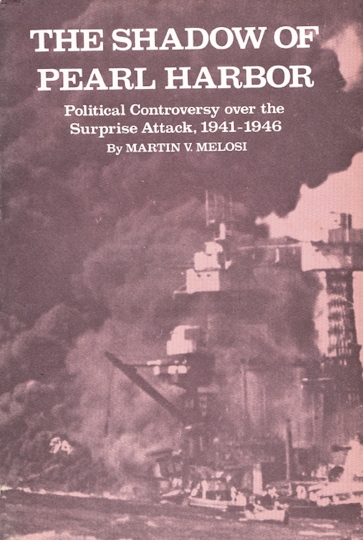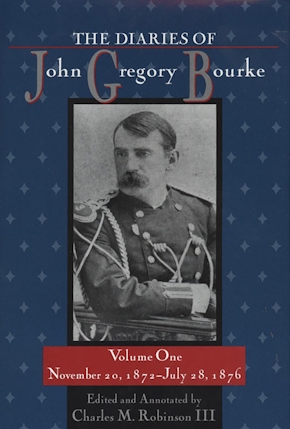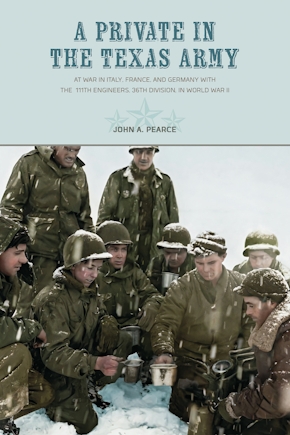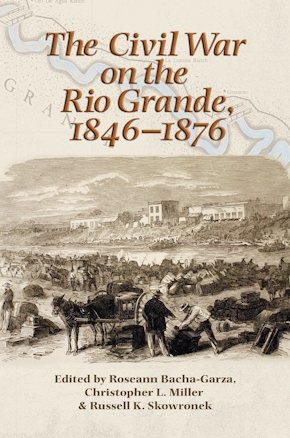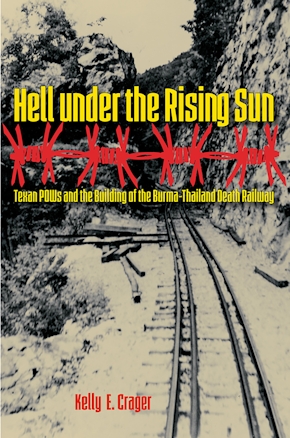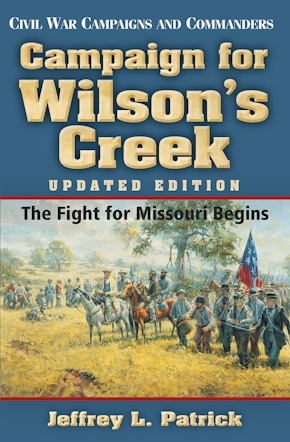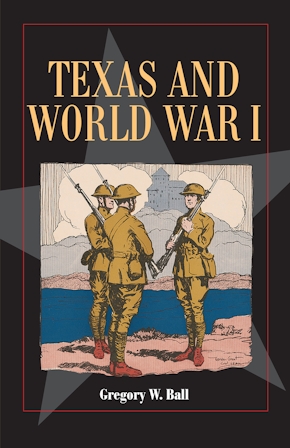The Shadow of Pearl Harbor
Political Controversy Over the Surprise Attack, 1941-1946
978-1-58544-062-7 Paperback
6 x 9 x 0 in
200 pp.
Pub Date: 06/01/2000
Available
BUY NOW
- Paperback $19.95 s
The Shadow of Pearl Harbor analyzes the resulting controversy, which pitted the Democratic administration against congressional Republicans. In an atmosphere of insecurity and suspicion brought on by the greatest naval defeat ever suffered by the United States, Roosevelt's critics demanded a full public disclosure of information about the causes of the debacle.
Fearing a volatile partisan confrontation that such public disclosure might inspire, the Democratic administration tried to silence its critics by shelving the issue for the duration of the war and by keeping national attention fixed on the war effort. Retreating behind the veil of "national security," the executive branch initiated a cover-up of the Pearl Harbor case, sustained by the conclusions of pro-administration investigations, and made scapegoats of the Hawaiian commanders, Admiral Husband Kimmel and General Walter Short.
Martin V. Melosi has studied in detail each of those investigations and the political infighting between the administration and its opponents. His focus is the extent to which Roosevelt and his high officials succeeded, or failed, to minimize the domestic impact of the Pearl Harbor defeat and keep blame away from themselves.
About the Author
Published by Texas A&M University Press
